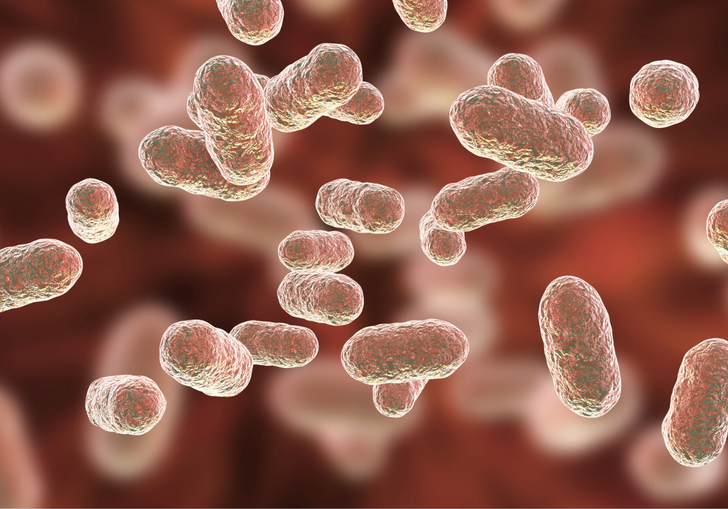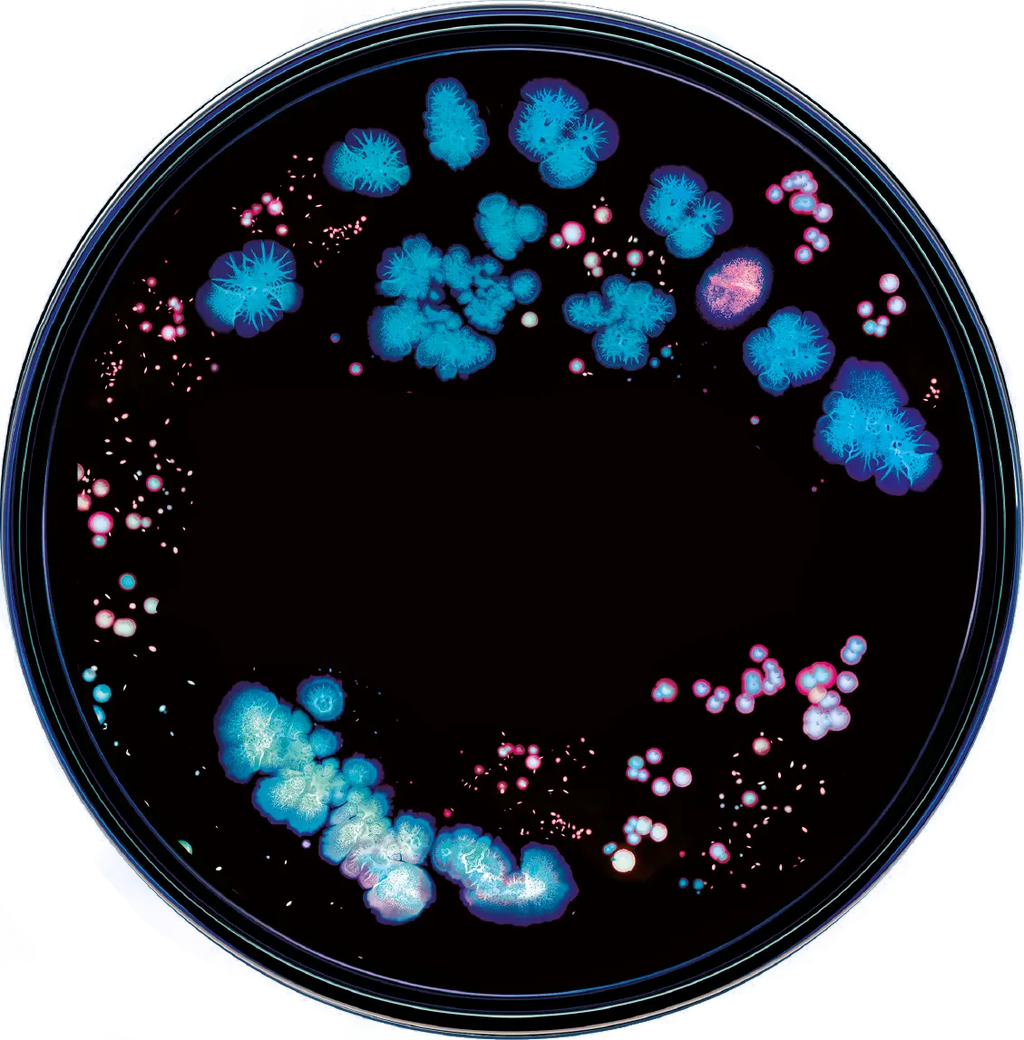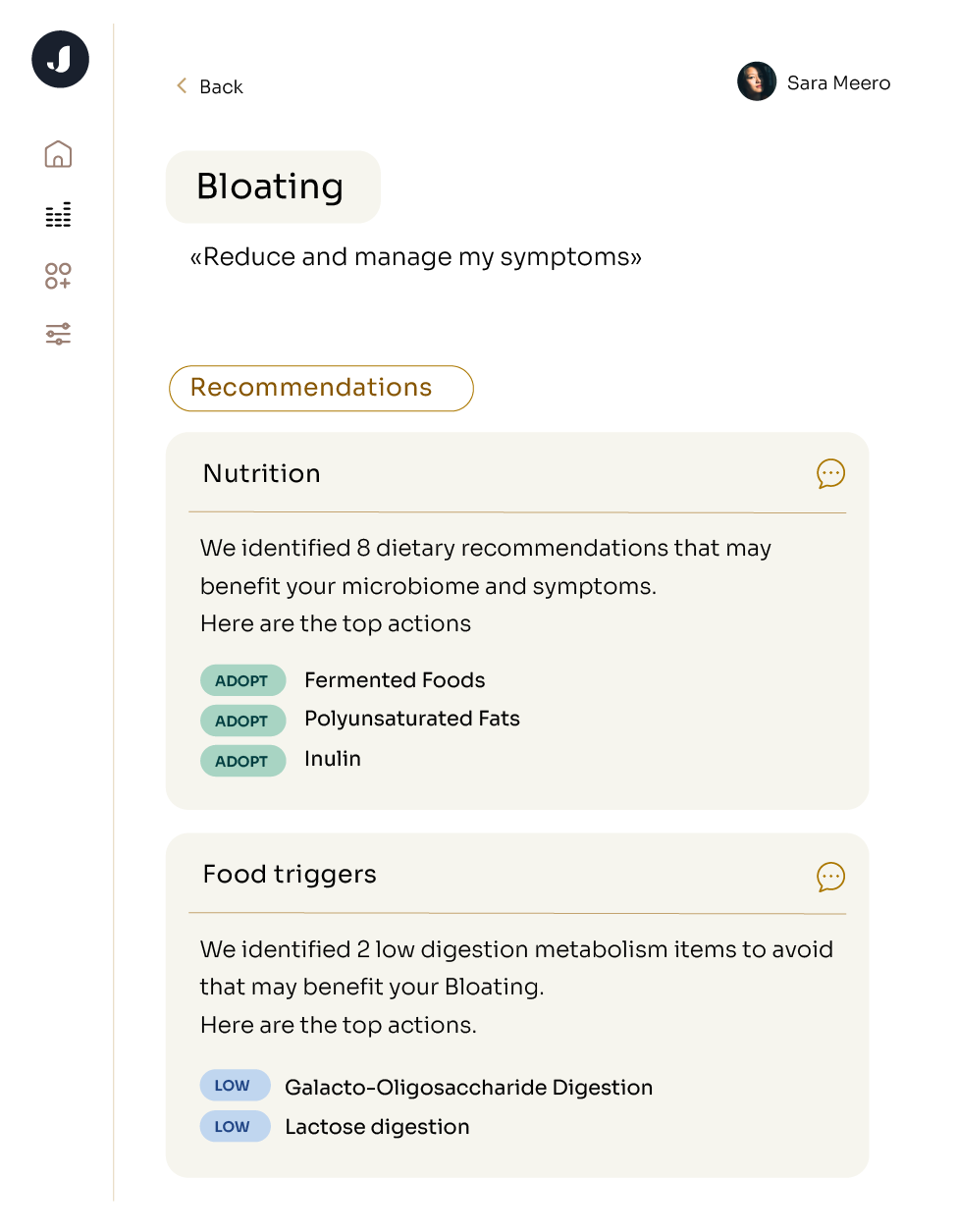Jona: This month is IBS Awareness Month, can you explain what IBS is?
Andréanne: Irritable bowel syndrome (IBS) is a disorder affecting the intestine. IBS involves problems with motility (movement of digested food through the intestines) and sensitivity (how the brain interprets signals from the intestinal nerves), leading to abdominal pain, changes in bowel patterns and other symptoms. Although often disruptive, debilitating and embarrassing, it may be some comfort to know that IBS is not life-threatening. There are many solutions to feel better!
The underlying cause of IBS is still unclear and there are no diagnostic disease markers for IBS. Guidelines recommend doctors make a positive diagnosis using criteria that are based on a person’s symptoms.
Subtypes of IBS are recognized by the Rome IV criteria based on the person’s reported predominant bowel habit, when not on medications, IBS with constipation, diarrhea of both.
Jona: What are the symptoms of IBS / what does IBS feel like?
Andréanne: IBS is not a singular condition but rather a constellation of abdominal and bowel-related symptoms. Common symptoms that support a diagnosis of IBS include: Abdominal pain, changes in stool frequency (either too frequent or too infrequent), urgency to have a bowel movement, cramping, bloating abnormal stool consistency (diarrhea or constipation), feeling of incomplete emptying after bowel movements, presence of mucus in the stool.
The intensity of IBS symptoms can vary, with periods of severe and debilitating discomfort followed by times of improvement or symptom resolution. It's important to recognize that IBS symptoms can significantly impact quality of life and may require personalized management strategies for symptom control and overall well-being.
For many individuals with IBS, the journey to manage symptoms can be challenging and exhausting. Despite trying various strategies and treatments, including dietary changes, medications, and lifestyle adjustments, some may continue to experience persistent symptoms. This ongoing struggle can lead to feelings of frustration, isolation, and hopelessness.
Jona: What foods should you avoid if you have or suspect you have IBS?
Andréanne: If you have or suspect you have IBS, it's important to recognize that there's no one-size-fits-all solution when it comes to dietary management. The foods to avoid can vary greatly depending on individual sensitivities and triggers. Here are some common considerations:
- FODMAPs:
- Sugars and Artificial Sweeteners:
- High-Fat Foods:
- Other Potential Triggers: factors like aerophagia (swallowing air), caffeine, alcohol, spicy foods, and carbonated beverages
- Disrupted Gut Bacteria:
- Stress Management:
It's crucial for individuals with IBS to work closely with healthcare professionals,such as registered dietitians, to identify personal triggers and develop a tailored management plan. Keeping a food and symptom diary can help pinpoint specific triggers. By adopting a personalized approach that considers dietary modifications, stress management, and lifestyle adjustments, individuals can better manage their IBS symptoms and improve their quality of life.
Jona: Why do you believe it’s important to test a patient's microbiome?
Andréanne: Testing a patient's microbiome is crucial for personalized health care. By analyzing the unique composition of gut bacteria, we can tailor nutrition support to individual needs. Microbiome testing helps identify imbalances that contribute to digestive issues and guides targeted interventions for gut health. It informs treatment strategies for conditions like IBS and metabolic disorders.
Monitoring microbiome changes over time helps assess the effectiveness of interventions. With advancements in technology, microbiome testing is now more accessible and informative, allowing us to leverage science-based tools for better health outcomes. Understanding the microbiome is key to promoting optimal gut health and overall wellness.
Jona: What makes the Jona test different from other microbiome tests in your experience?
Andréanne: The Jona test is backed by scientific research and validation, ensuring the reliability and accuracy of the results. This scientific rigor sets Jona apart as a trusted and evidence-based tool for assessing gut health.
Jona uses cutting-edge metagenomic sequencing for accurate results. Receive personalized insights within 2-4 weeks, with the ability to update your report based on symptoms or conditions using AI, we can understand our gut health like never before!



